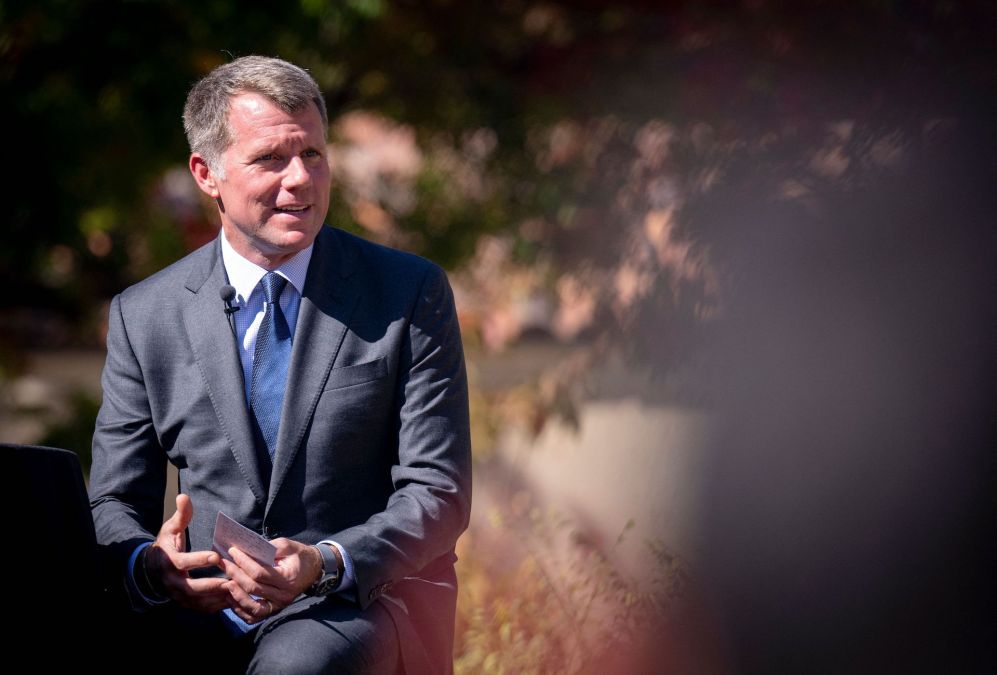US plans to boost tech diplomats deployed to embassies

The U.S. State Department is on track to deploy a diplomat trained in technology issues to the 168 American embassies around the world by the end of next year, Nate Fick, who leads the department’s cyber diplomacy, said during a meeting with reporters on Wednesday.
As Washington attempts to maintain its technological edge over a rising China and address a range of pressing global challenges, Fick described getting diplomats with technical expertise into the field as an urgent need for the U.S. diplomatic corps. “You can’t practice East Asian diplomacy without tech diplomacy. You can’t do human rights work without tech. You can’t do climate diplomacy around the world without tech,” he said at a meeting organized by the Defense Writers Group.
To get skilled personnel in place, the department is carrying out training sessions to school U.S. diplomats in technology issues. The sessions have so far been oversubscribed, Fick said, but at the current pace, he expects to hit his target of having a diplomat in every U.S. embassy with at least some training by the end of 2024.
Fick said he is also making progress in reorienting the bureaucracy of the State Department to better incentivize U.S. diplomats to brush up on their tech skills. The department recently created a so-called “skill code” that diplomats can put on their resume and help them advance in the foreign service. “I can imagine future where every credible candidate to be a chief of mission, every future U.S. ambassador anywhere in the world has to have some demonstrated understanding of technology issues,” Fick said.
Sworn in last year as the first U.S. ambassador at large for cyberspace and digital policy, Fick oversees an expansive portfolio that ranges from internet freedom issues to U.S. work in international standard-setting bodies to digital freedom. His office is at work writing an international cybersecurity strategy to complement the strategy document released last month by the White House, which places great emphasis on building international partnerships to shape norms of online behavior and secure supply chains.
To bolster the ability of diplomats in the field to help partner nations and to boost capacity, Fick said he is engaged in active discussions with Congress to create a permanent fund for U.S. cybersecurity assistance.
The White House recently provided Costa Rica with $25 million to help respond to a devastating ransomware attack and another $25 million to Albania to help recover from an Iranian cyberattack. Fick said he hopes to build on these aid packages to make U.S. cybersecurity assistance a regular feature of its tech diplomacy toward countries that need it.





